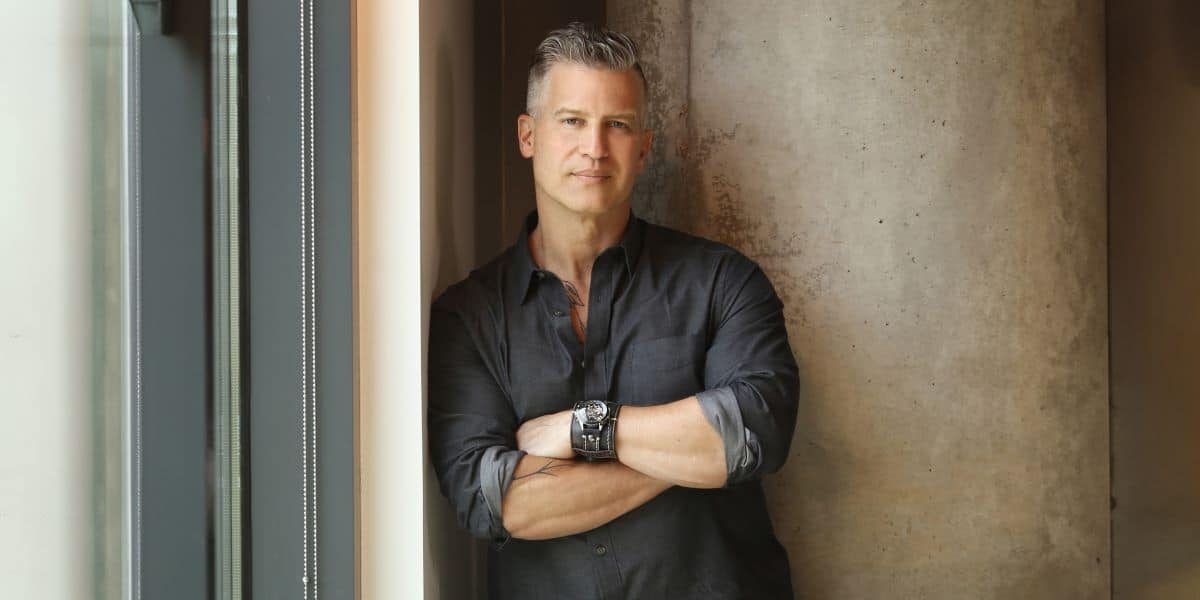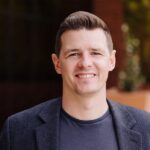David J Bradford, CEO of More With David and COO of Drive Planning is driven by a passion for addressing societal financial injustice, aiming to alleviate stress, anxiety, and insufficient retirement savings. His mission challenges conventional financial wisdom, offering a unique vision for financial success for ordinary people. Bradford’s purpose-driven strategy seeks to enlighten individuals about the wealth strategies of the rich, aiming for a transformative shift in how people think about and manage their money. His previous career has driven him to transform a church in Savannah into an interracial space, reflecting his deep sense of justice and a pastor’s heart. As he transitioned into financial strategy, Bradford noticed traditional wealth-building approaches’ misleading and deceptive practices. Describing his role as a calling, he aims to teach people a better way to build wealth, retirement plan, and leave a legacy.
Unique Vision vs. Conventional Financial Wisdom
Bradford’s vision challenges the conventional wisdom that ties wealth growth solely to Wall Street investments. He criticizes the “cross your fingers” approach, emphasizing the lack of control it provides to individuals. In contrast, Bradford advocates for contractual wealth, investments with promised returns often backed by real estate or other tangible assets, providing certainty and control. Additionally, he challenges the traditional advice of avoiding debt, advocating for the strategic use of debt as “Other People’s Money” (OPM), a practice common among the wealthy.
Purpose-Driven Strategy and Wealth Principles

The purpose-driven strategy advocated by Bradford aims to liberate individuals from the uncertainties of Wall Street. By identifying where people have their wealth trapped, such as in homes, old IRAs, or savings, Bradford and his team coach them on a playbook that aligns with wealthy individuals. This involves re-engineering wealth to eliminate lazy money and utilizing leverage to maximize returns. The focus is on designing plans that help reduce income taxes, erase capital gains taxes, and address future taxes embedded in traditional retirement accounts.
Challenges and Overcoming Obstacles
One significant challenge Bradford faces is skepticism when presenting contractual wealth opportunities and alternative financial plans. The “too good to be true” response is common, especially from accountants and financial advisors. To overcome this, Bradford patiently walks clients through the specifics of contracts, promises, collateral, and historical credibility. Once clients understand the strategies’ legitimacy, they can become enthusiastic about embracing a new financial paradigm.
Impact on Society and the Future of Financial Well-Being
Bradford envisions his work in financial enlightenment as a catalyst for societal change. Contrary to the traditional 401k and mortgage payoff path, which often leaves individuals with insufficient funds and a risk of outliving their wealth, Bradford’s approach aims to potentially provide control, cash flow, and tax benefits. By investing in marketing and events, Bradford seeks to make it common for individuals to feel in control of their money, witness cash flow from investments, and see a reduction in income tax bills. The ultimate goal is to reshape the future of financial well-being for the next generation.
David J Bradford empowers individuals to manage their money effectively. By dispelling misconceptions and promoting tax planning, the use of contractual wealth, and strategic debt, Bradford endeavors to shift societal mindsets, ultimately hoping to mold a more secure financial future for future generations.
Published by: Aly Cinco

















